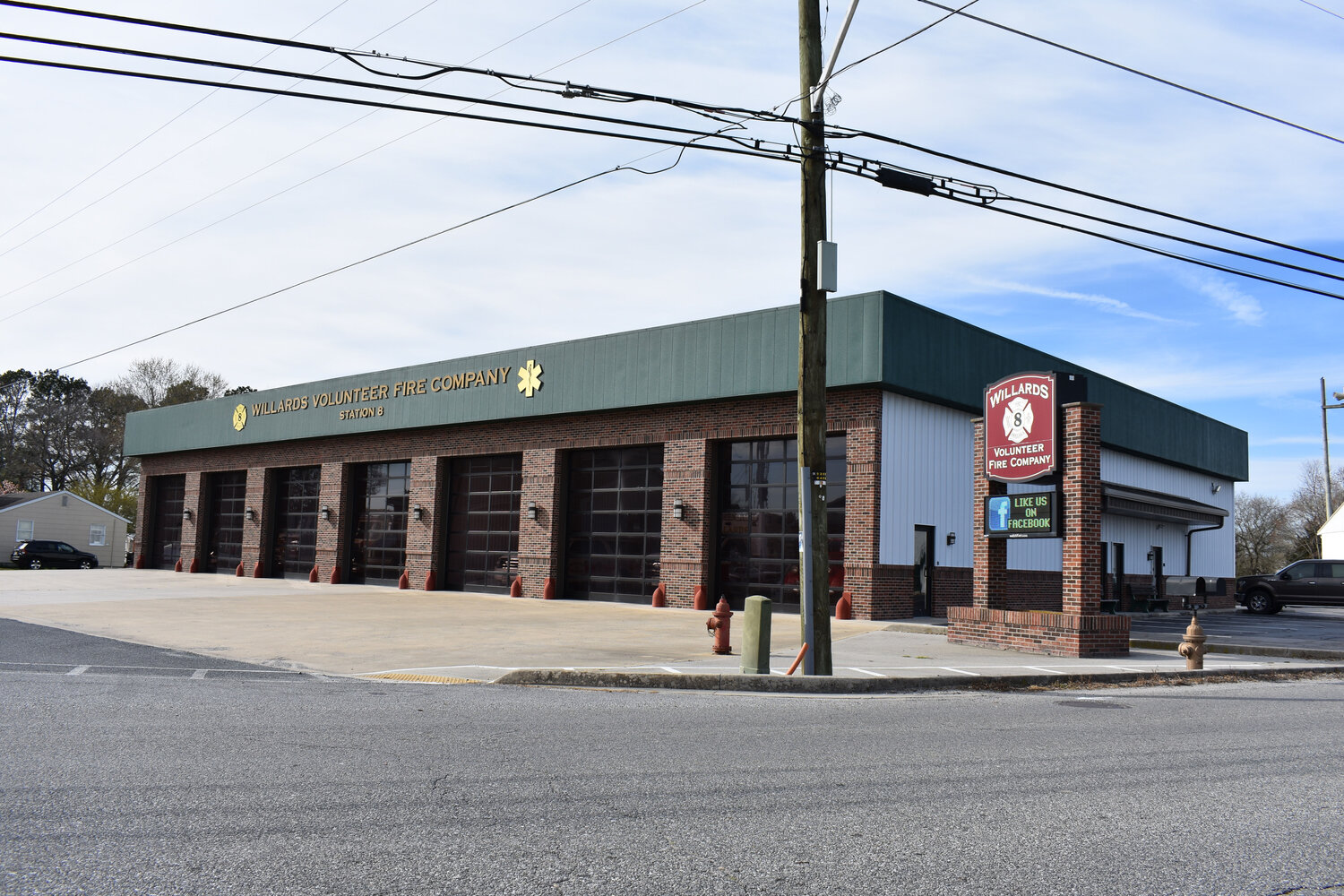Wicomico County Council extends tax credit to volunteer fire auxiliary members
SALISBURY — Wicomico County leaders recently approved legislation that allows auxiliary members of volunteer fire companies to receive a property tax credit but the deadline to apply is quickly …

You must be a member to read this story.
Join our family of readers for as little as $5 per month and support local, unbiased journalism.
Already a member? Log in to continue. Otherwise, follow the link below to join.
Please log in to continue |
Wicomico County Council extends tax credit to volunteer fire auxiliary members
SALISBURY — Wicomico County leaders recently approved legislation that allows auxiliary members of volunteer fire companies to receive a property tax credit but the deadline to apply is quickly approaching.
Wicomico County Council adopted a tax credit provision for volunteer fire associations in December. Still, officials said there were questions surrounding whether auxiliaries were also included in the proposal, resulting in a unanimous March 19 vote by the council to add the group.
“In looking at it, and speaking to a number of different volunteer fire companies, we got a mixed answer as to whether auxiliary members were considered members of the volunteer fire companies — some said they were, some said they weren’t — so the purpose to this is to include auxiliary members to clean up any discrepancy to include auxiliary members as being part of the package or group that would be entitled to tax exemptions,” attorney Bob Benson said.
Director of Finance Pam Oland said applications for the tax credit must come from volunteer fire departments, not from the volunteers themselves. But she said the deadline is April 1. As of March 19, her office has received applications from four departments out of 11 in the county.
Interested auxiliary members are required to meet the same conditions that a volunteer firefighter must meet. Specifically, they are annually required to earn a minimum of 50 points under the rules established by the Wicomico County Volunteer Firefighters Association.
Additionally, those interested must have maintained active service status for at least three years and only one tax credit is available per dwelling.
“The original provision that was adopted established a maximum amount per year of $750,000,” Benson said. “That was done because it was not readily apparent how many volunteer fire members there would be or what the total amount impact could be on the budget for the county, so the county council when they adopted this, elected to have a maximum dollar amount so that issue was taken care of.”
Councilman Joe Holloway said he has received phone calls from county residents asking what someone would have to do to join a volunteer fire department and get a tax credit.
“I don’t know that’s going to be the big push for people to want to join the auxiliaries,” Holloway said. “The auxiliary members don’t have to take the classes like firefighters do, so there is not as much to go through, other than helping out at various events and supporting the firefighters.”
Oland said those interested in the tax credit would need to show dedicated service. She said the intention of the December legislation was not only to retain firefighters but also a tool for recruitment. That now will extend to auxiliary members.
“It’s a yearlong worth of service to get 50 points,” Oland said. So again, the 50 points is something that’s determined by state law to get an income tax credit. We are using that same mechanism instead of creating a second way to determine whether or not they provided service to their volunteer system.”
County resident Jim Adkins told the council during the public hearing that there are still concerns and questions by firefighters and the auxiliaries in the county on how the system is going to work and if they are going to be taxed on it.
“We are providing a benefit that’s greater than $600,” Oland said. “We then as a county are required to give a 1099 form.”
Reach Managing Editor Richard Caines at rcaines@iniusa.org.


 By
By 



